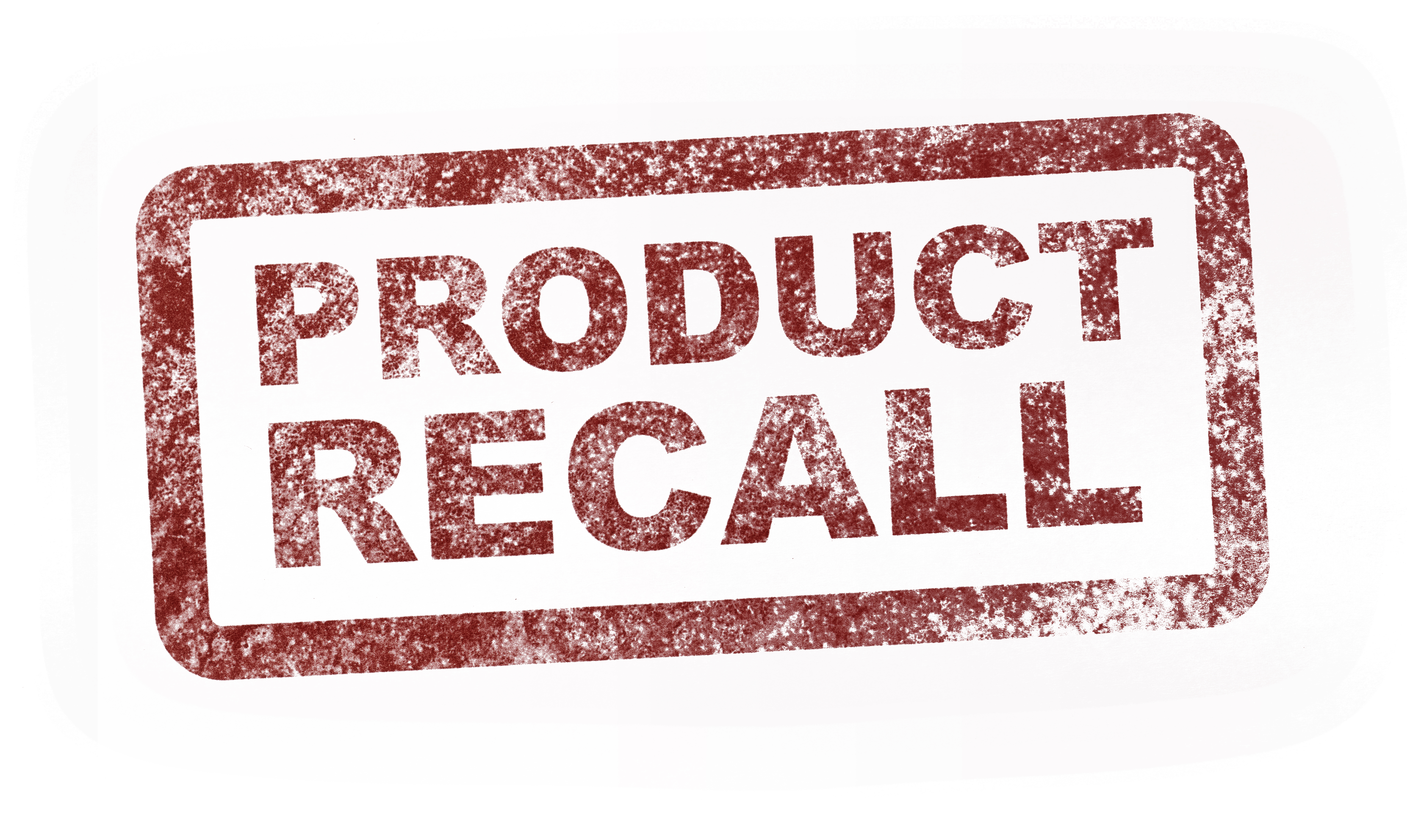Getting through a product recall can be very costly. Personnel man-hours, legal fees, lost productivity, and out-of-pocket remedy costs can have a profound effect on your bottom line.
But perhaps the greatest negative effect can be on your business’s reputation. Managed poorly, a product recall can lead to the loss of customers and goodwill which may have taken years to earn, and may take years to regain.
Manufacturers in particular can be burdened from multiple directions:
- Your company had design or assembly problems, causing the product to fail, or
- Your company used parts supplied by another company that were below your production specifications.
Either way, your customers probably don’t care. That just want it made right.
By taking the proper steps a business can limit the damage to its reputation and get through the recall crisis with minimal impact – and often an even stronger relationship with your best customers.
Here are some best practices to consider:
Prepare – Create a predetermined crisis management team or task force in your organization. They’ll need to know the regulatory standards in your field. Have your legal team and insurer on speed dial. Also, it pays to prepare your spokesperson/people with media training and talking points.
Get the facts – Assess the problem, the cause and who has been affected immediately and who will be affected downstream. DO NOT speak to the news media until you have the facts.
Act promptly – If your faulty product can potentially injure, cause illness, or lead to a death, timely reaction is critical. The Consumer Product Safety Commission offers mandates and guidelines here: https://www.cpsc.gov/s3fs-public/8002.pdf
Communicate – Use all of your platforms, especially owned and earned media, to provide regular updates. This includes “owned media” (website home page, emails and letters to customers and distribution chain, social channels), “earned media” (statements and updates to local and trade media), and “paid media” (update the trade ads you’re running – nothing is more tone deaf than running promos for the faulty product).
Don’t look for scapegoats – Your suppliers are your partners. Even if they are at fault, they can help you through this. Focus first on fixing the problem and leave reparations for later.
Play nice – If a competitor should fall victim to a recall, let the market do its job. Don’t exploit their misfortune. In fact, it may be an opportunity to have a “frenemy” by helping them with customer orders or supply shortages.
Studio/D is a full-service marketing communications firm working with mid-market industrial and manufacturing clients, together with companies in their supporting ecosystem. We’re a team of “makers” who simplify complex communication challenges with messaging that engages and drives results. Learn more about us at StudioD.agency, or reach us at 314-200-2630.
